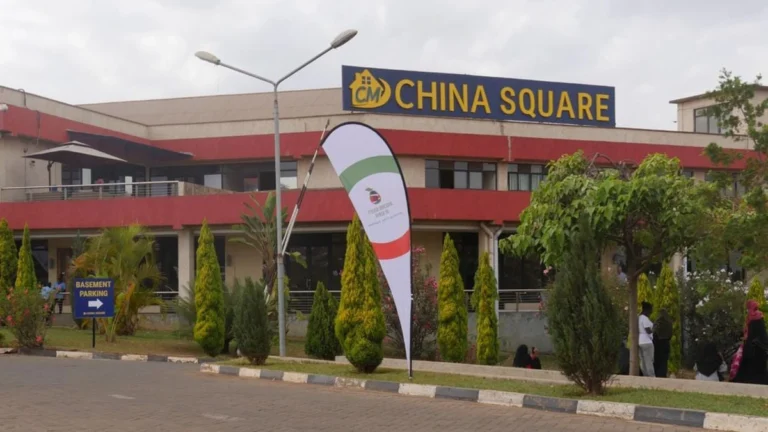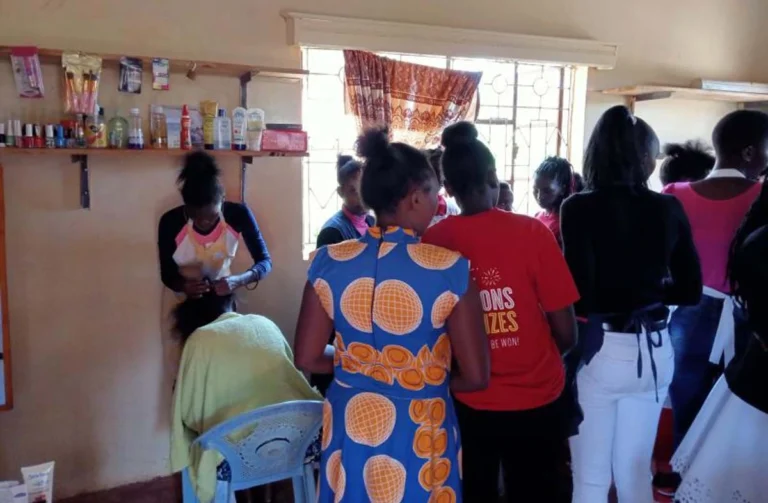China Square, a fast growing personal and household merchandise retailer has opened its 6th store in Kenya with a new 75,000 sqft store at Two Rivers Mall in Nairobi. The retailer known for its affordable prices plans to expand further across the country.
Expansion in Kenya
Since opening its first store at Unicity Mall near Kenyatta University in 2022, China Square has been growing fast due to its low price strategy and has attracted many customers. The company has since opened stores in different parts of the country including:
- The Waterfront Mall, Karen
- Lang’ata Hyper Mall, Nairobi
- Nyali Bazaar Mall, Mombasa
- Mega City Mall, Kisumu
The company’s 7th store will open at Greenspan Mall, Donholm next week and will be beyond Nairobi’s CBD.
Why Two Rivers Mall
Asked about choosing Two Rivers Mall, Managing Director Lei Cheng said, “Two Rivers is one of the biggest malls in Kenya, with plenty of space and parking.” He added that China Square is looking for more locations, especially outside Nairobi, to expand its footprint.
Good for Two Rivers Mall
China Square’s arrival has increased the mall’s occupancy rate. According to James Mworia, CEO of Centum Investments which co-owns the mall, the mall’s occupancy is now 95% up from 85% before China Square came in. Mworia said China Square takes up 10% of the mall’s total space and will bring in more foot traffic and sales for other businesses in the mall.
“China Square will make the overall shopping experience better and benefit other tenants by bringing in more customers,” Mworia said.
Controversy
China Square was criticized in 2023 by local traders and some politicians due to its low price strategy which was seen as a threat to local businesses. But the retailer has stood its ground and is growing and appealing to price conscious customers.
Centum’s broader vision for Two Rivers
In addition to the retail expansion, Centum has also welcomed Teleperformance, a French services and call center firm to its Two Rivers International Finance & Innovation Centre (Trific) Special Economic Zone (SEZ). The SEZ was licensed in June 2023 and covers 64 acres, more than half of Two Rivers’ 106 acre development.







